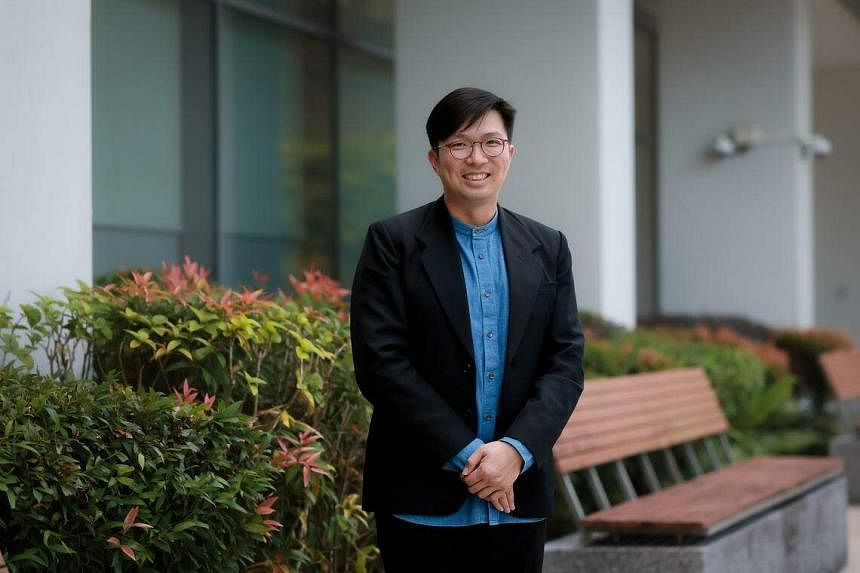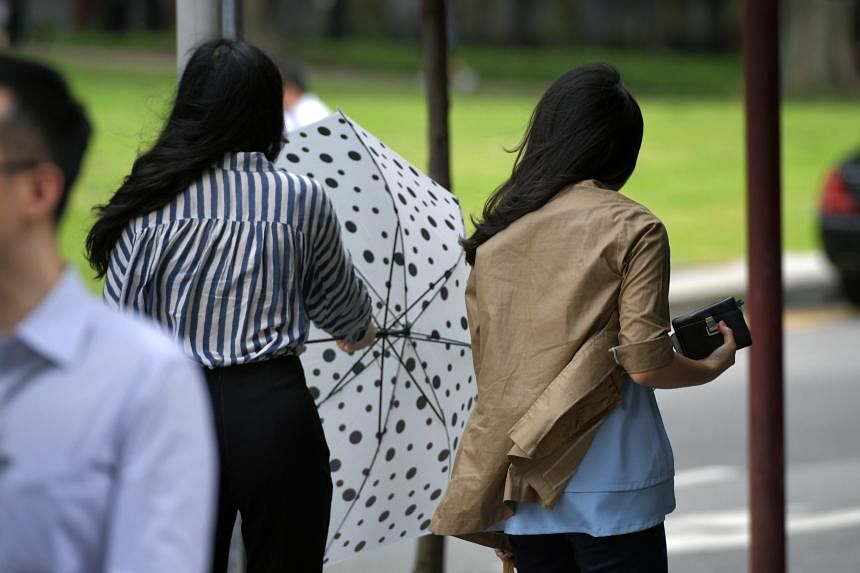SINGAPORE - Menopause does not just mean that women can no longer have children naturally – it can also set off a cascade of health issues like increased risk of heart disease, obesity and osteoporosis, due to lower levels of the hormone estrogen.
But the intricacies of why and how this occurs on a cellular and genetic level are not well understood, as research into women’s reproductive health is often neglected.
To make strides in this area, a research centre for women’s reproductive health – the NUS Bia-Echo Asia Centre for Reproductive Longevity and Equality (ACRLE) – has joined forces with molecular and genetic research lab Temasek Life Sciences Laboratory (TLL) to establish a research network.
Speaking to The Straits Times on April 25 on the sidelines of a two-day conference held at NUHS Tower Block, Dr Huang Zhongwei, deputy director of ACRLE, said the memorandum of understanding was signed in February 2024.
There are synergies between researchers and clinicians that can be tapped, he said, adding that scientists at TLL have expertise in trying to understand things at a micro level, while ACRLE’s focus is on translational research on human phenomena.
One area of collaboration looks into how certain types of ribonucleic acid can be used as molecular signatures to deduce the age and quality of a woman’s eggs.
“There remains a dearth of specific biomarkers to determine a woman’s true reproductive potential and health span – we need something more robust and specific to predict the quality of eggs other than a woman’s age”, said Dr Huang.
ACRLE will also work together with other local and overseas fertility centres to uncover biomarkers that can flag age-related decline in reproductive performance. Biomarkers are objective medical measures used to measure the presence or progress of disease, or the effects of treatment.
Dr Huang, who is also a consultant at the National University Hospital’s department of obstetrics and gynaecology, highlighted ACRLE’s ongoing research in how ovaries age.
While the ovaries are among the first organs to age in a woman, it is not known why or how fast.
Current research at ACRLE suggests that the rate of ovarian ageing in each woman differs. This means that some women could be predisposed to accelerated ageing in their ovaries and potentially reduced reproductive lifespans. Risk factors include exposure to treatments such as chemotherapy and radiotherapy, family history of early menopause, and smoking.
Dr Huang said: “One of the key things that we are trying to do at ACRLE is to determine the true ovarian life and health span of women. With this knowledge, we will be able to help every woman maximise their reproductive window and, more importantly, it will be a huge step towards progressing our quest in advancing women’s health and well-being.”
The centre will also be looking more deeply into the impact of drugs, targeting ageing pathways and other anti-ageing interventions to optimise women’s reproductive health span.

The guest of honour at the event, Minister in the Prime Minister’s Office Indranee Rajah, said ACRLE’s research is important.
“If we can better understand the biological, environmental and social factors that influence a woman’s reproductive health and longevity, we can better develop and invest in the appropriate interventions to support women’s reproductive and general health,” said Ms Indranee.
She pointed out that, while research and advocacy efforts can help improve and advance the reproductive health and longevity of women, young Singaporeans are encouraged to actively develop relationships and plan for their marriage and parenthood aspirations as they pursue other life goals.
“In parallel, we will also develop a comprehensive suite of strategies, including policy interventions, and foster societal norms that embrace children and families, and build family-friendly workplaces and communities,” added Ms Indranee.


